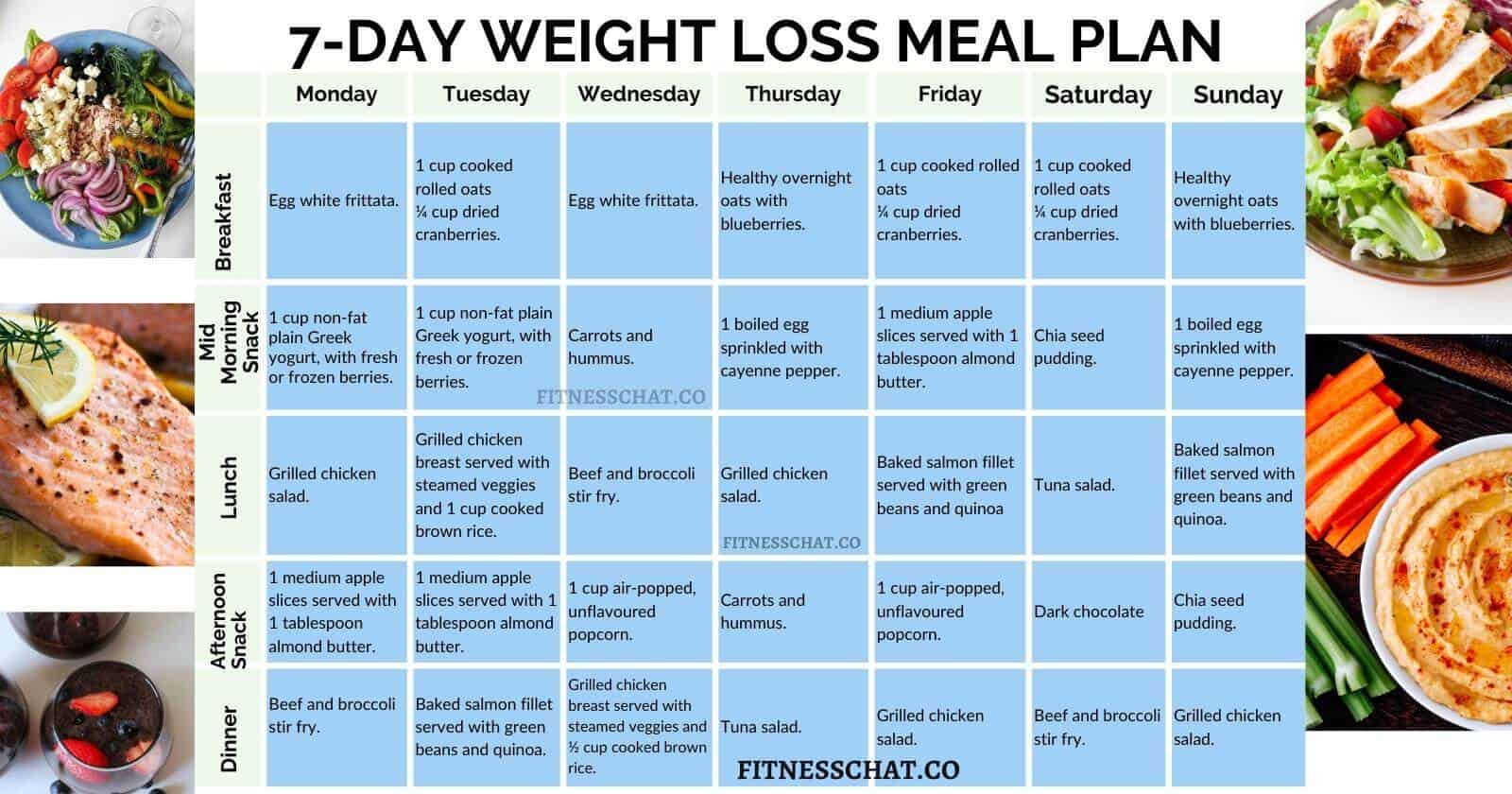Exploring the world of nutrition plans can be daunting, especially with the immense number of alternatives available today. Including popular approaches like the Keto diet and Whole30 to well-established patterns such as the Mediterranean lifestyle, every diet offers distinct principles, gains, and hurdles. If you are looking to reduce weight, improve your health, or adapt to new habits, understanding the categories of eating patterns and how they relate with your needs is crucial.
In this resource, we will examine numerous nutritional approaches, emphasizing their advantages and disadvantages, as well as the impact they have on your health. We aim to provide information that help you identify which diet suits your daily routine and personal goals. Whether https://kermany.com/ 're a novice hoping to learn about trending diets or someone looking for a customized strategy, you'll find valuable data on subjects from vegan and vegetarian diets to restricted diets designed for medical conditions. Join us as we unravel the dynamic world of nutrition, simplifying it for you to locate your perfect fit.
Understanding Popular Diets
Many individuals explore different diets to discover the optimal match for their lifestyle and wellness objectives. Popular diets differ considerably in their approaches, spanning low-carb to plant-based, each having its unique set of tenets and benefits. Grasping these diets is essential for utilizing educated picks that align with one's private desires and preferences.
A of the top debated dietary plans in the present day is the ketogenic dietary plan, that highlights fat-rich and low-carb intake to induce ketogenic state, a metabolic state that converts fat for power. In comparison, the Mediterranean-style diet centers around whole nutrition, beneficial fats, and moderate servings, focusing on fruits, greens, whole grains, and light protein sources. This dietary plan is applauded for its cardiovascular health gains and is compatible with the health guidelines from medical providers.
For those exploring plant-based diets, it's vital to tell apart between multiple styles such as veganism and flexitarianism. While vegan-style plans exclude every animal products, flexitarian-style diets allow for limited meat intake, providing a more versatile approach to plant-based eating. Additionally, specific diets such as gluten-free diets, FODMAP, and diabetic-friendly plans cater to distinct medical needs, illustrating the diversity of nutritional choices available to meet personal needs.

Assessing Dietary Efficacy
As evaluating the effectiveness of different diet plans, it's essential to consider beyond short-term results. A suitable diet should foster sustainable lifestyle changes that promote healthy eating habits and physical activity. For example, diets that focus on unprocessed foods, like the Mediterranean diet, have demonstrated not only weight loss benefits but additionally improvements in overall health markers, such as cholesterol levels and cardiovascular health. Evaluating how a diet fits into your daily routine plays a key role in its long-term success.
Another important aspect is individual compatibility with the diet. What works for one person may not yield the same results for another. Factors such as individual tastes, lifestyle, and health conditions should be taken into account. For instance, while the Keto diet may be effective for rapid weight loss for some, it can be challenging to maintain and may lead to adverse effects for others. Understanding your unique needs and how different diets impact your body is essential for making an informed choice.
Moreover, consider the assistance and resources available for each diet. Some plans include structured guidance, meal planning support, and community resources that can enhance your chances of sticking with the program. Diets that promote education about nutrition, such as plant-based eating or the DASH diet, often provide the tools necessary to make lasting changes. Ultimately, the ideal diet is one that matches with your goals, feels manageable, and supports your overall well-being.
Opting for a Responsible Eating Plan
Discovering a sustainable dieting plan requires considering not only your dietary preferences but also your way of life and health objectives. A feasible diet should be enjoyable, easy to adhere to, and capable of fit smoothly into your regular schedule. Thinking on your eating patterns, preferences, and any specific health needs will aid in selecting a strategy that you can keep up in the longer run.
When selecting an diet strategy, it's crucial to concentrate on balance and variety. Diets that highlight whole foods, like fruits, veggies, lean proteins, and whole grains, tend to be more sustainable than those that eliminate whole food groups. This approach not just supports long-term adherence but also ensures that you get the necessary nutrients your body needs. Common choices like the Mediterranean-style diet showcase this balance and are often lauded for their health benefits.
In conclusion, think about the ecological and ethical implications of your food decisions. Eco-friendly diets often include vegetarian options or lean towards regional and seasonal foods. This not just adds to your well-being and also supports the planet. By contemplating these factors and syncing them with your objectives, you can choose an eating strategy that also is suitable for you individually and promotes a more eco-friendly way of life in general.
